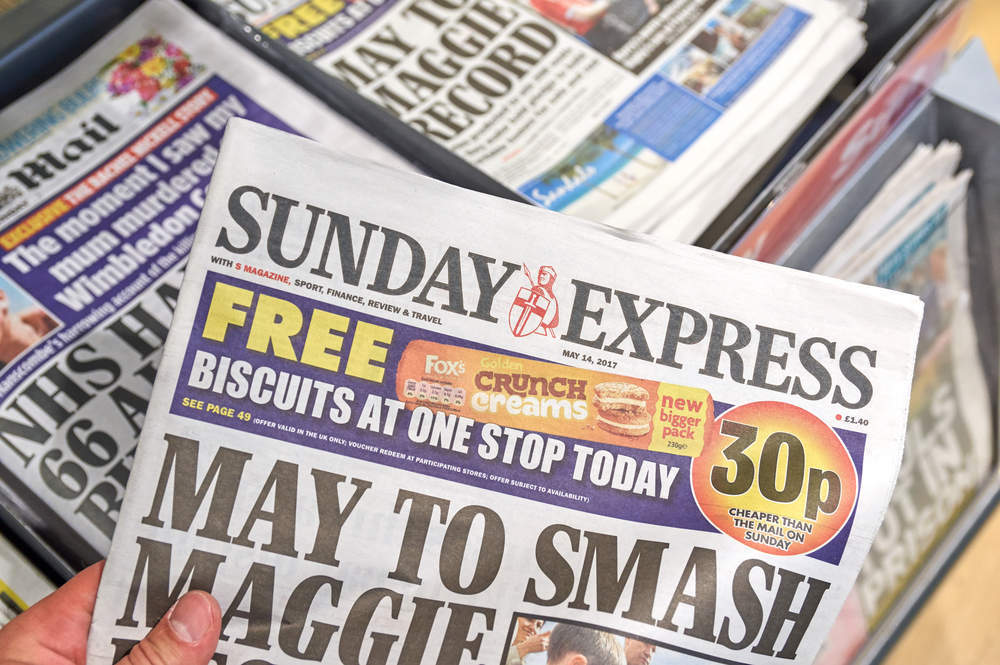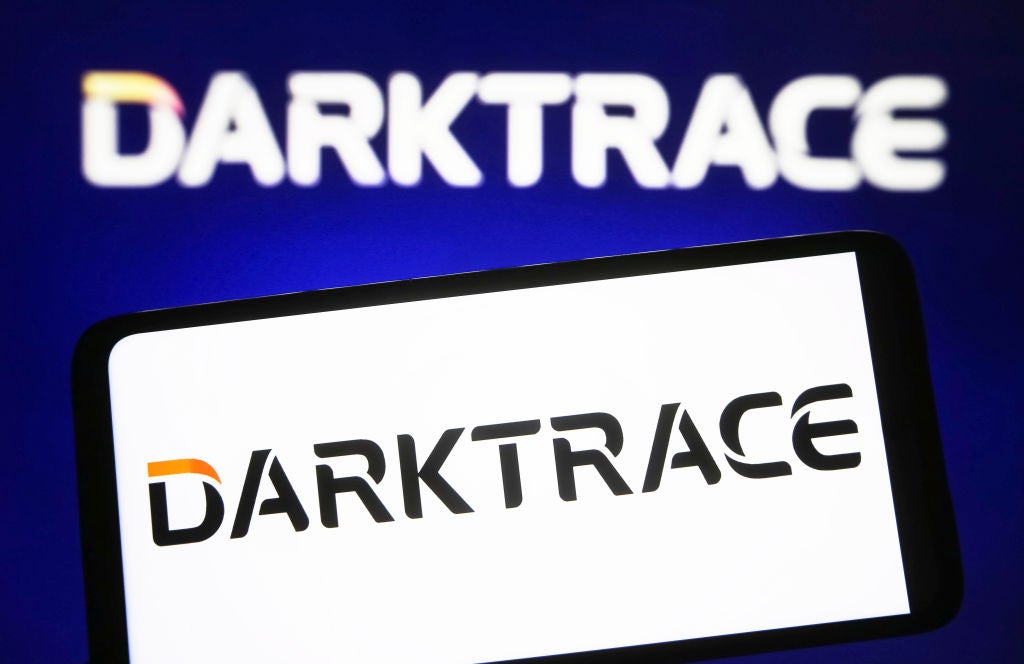
Contrast the fortunes of Twitter with that of the UK national press group Express Newspapers.
The former has lost more than $2bn since its launch in 2006 and has a market capitalisation of more than $20bn.
The latter made an EBITDA profit figure of £34m ($47m) last year and has delivered a healthy returns every year since it was bought by Richard Desmond in 2000 for £125m ($173m).
It was just bought by the UK’s largest newspaper publisher Trinity Mirror for £126.7m ($170m) in a deal which valued the business at £184.2m ($255m) just over five times annual profits, so in relative terms – a pittance.
Such is the fate of declining old media versus growing new media.
The business comprises the Express and Star newspaper titles, half of the Irish Daily Star and OK!, New! and Star magazines.
How well do you really know your competitors?
Access the most comprehensive Company Profiles on the market, powered by GlobalData. Save hours of research. Gain competitive edge.

Thank you!
Your download email will arrive shortly
Not ready to buy yet? Download a free sample
We are confident about the unique quality of our Company Profiles. However, we want you to make the most beneficial decision for your business, so we offer a free sample that you can download by submitting the below form
By GlobalDataHere are some answers to the big questions which the merger raises.
Why has Richard Desmond done the deal?
For buyer Trinity Mirror the deal is a slam dunk.
It has already estimated that it can make £20m a year of cost savings by merging editorial and other functions.
So with cost savings, and assuming a modest decline in profitability, Trinity will have made its money back in around four years. The rest, as they say, is gravy.
Desmond will no doubt have offered his portfolio to Daily Mail owner DMGT and Sun/Times publishers News UK but Trinity Mirror was always going to be the best fit.
It is the biggest newspaper publisher in the UK and has the publishing infrastructure (not least the physical printing presses) to make the shared costs savings work.
There is too much bad blood between Richard Desmond and the Daily Mail (he once called Mail editor Paul Dacre the “fat butcher” and he has launched scathing personal attacks on the family of DMGT owner Lord Rothermere). So a deal Mail owner DMGT was always going to be stretch.
News UK was the only other possible buyer, but UK competition authorities would likely have taken a dim view on its owner Rupert Murdoch adding further to his domination of UK commercial media (he already owns leading tabloid, the Sun, and leading quality newspaper titles the Times and Sunday Times).
And in any case Murdoch’s eyes have been firmly on the prize in recent years of acquiring the 61 percent of satellite broadcaster Sky that he does not already own. Getting involved in another national newspaper purchase would seriously muddy the waters.
What about media plurality?
The Express-Mirror deal does not raise any questions in terms of plurality because of declining print circulations.
The combined daily print circulation of the new group (Daily Star, Daily Mirror and Daily Express) will still be less than the current solo sale of The Sun.
Without exaggeration the Daily Express was the most slavishly pro-Brexit newspaper out of any in Britain’s predominately right-wing national newspaper industry. Will this continue under Trinity Mirror?
Its Daily Mirror title (along with The Guardian) is the UK’s only left-wing national newspaper.
It is difficult to see how under a combined Trinity Mirror editorial leadership Express editorial (coverage which is seen by many in the UK as rabidly anti-European) can continue with anything like the same vigour.
How does the digital side of the deal pan out?
Digital side is where the deal gets interesting.
The new group claims a combined online readership of 234m global unique browsers.
This puts it in the same ballpark as DMGT’s consumer news websites Mail Online and Metro.
With canny management and clever targeting of editorial resources you can see a future where Mail Online’s long stretch as the most popular newspaper website in the world could be challenged by a new combined Mirror/Express/Star online news brand.
What does the future hold for Express and Star journalists?
Express and Star journalists have suffered 17 years of pay freezes and redundancies under Richard Desmond.
Under Trinity Mirror they will at least secure some of the benefits of and security of being in a more (shall we say) conventionally run company.
But editorial is certain to feel the pain of much of those £20m in cuts.
What about phone-hacking?
Some media watchers might wonder whether Trinity Mirror can be considered a “fit and proper” company to take over another national newspaper since the revelations of industrial-scale phone-hacking carried out by journalists on its national newspaper titles in the early 2000s.
This was the process whereby journalists routinely spied on the voicemail messages of hundreds of famous figures in order to find stories and pry into their private lives.
Unlike UK broadcasting plurality rules, being a “fit and proper” person does not really come into it when it comes to the purchase of newspapers.
Hence Desmond, who made much of his money out of pornography, was able to buy the Express titles himself in 2000.
And Evgeny Lebedev (a Russian billionaire and former member of the KGB) was able to buy The Independent and the Evening Standard titles in 2009.
So the deal will almost certainly now go ahead.
This post first appeared on the Press Gazette. You can read the original here






Related Company Profiles
Reach plc
Sky Ltd